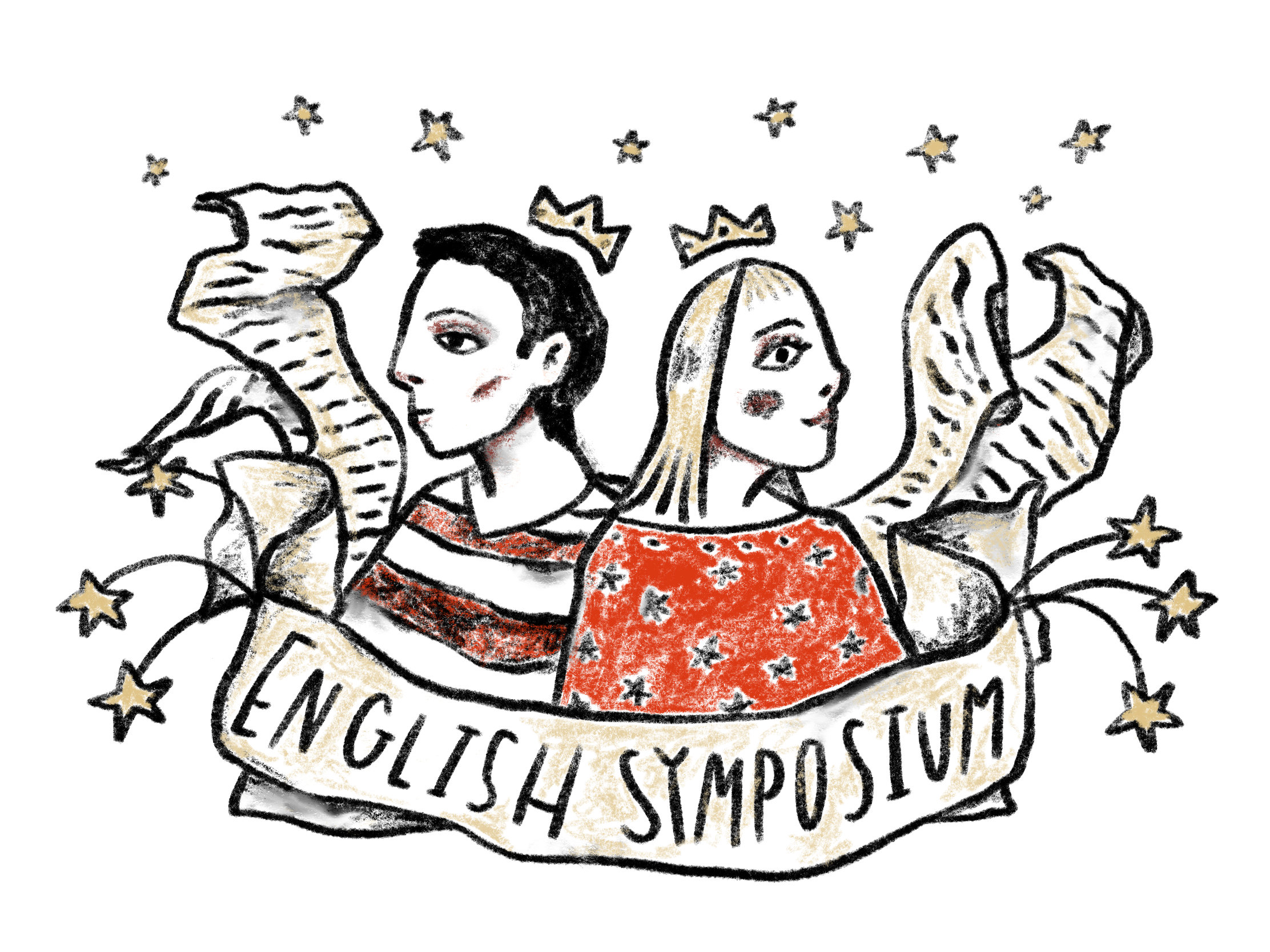Content Category
Literary Criticism
Abstract/Description
Scholars draw on the tools of Game Theory to explore the Humanities as a whole but fail to make sense of the great contributions of Russian literature. Therefore, the purpose of my research paper was to frame Fyodor Dostoevsky’s novel Crime and Punishment through a reading of Game Theory. Framing the novel in this way allowed me to better understand Raskolnikov’s behavior and the moral implications of his actions and the novel itself.
I consulted many different secondary sources for this paper, but the most important source I consulted was Steven J. Brams book Game Theory and the Humanities: Bridging Two Worlds, particularly his analysis of Shakespeare’s Macbeth and the game of self-frustration.
I saw similarities, but also important differences between Macbeth and Crime and Punishment. To briefly summarize my paper, I explain how many readers of Dostoevsky’s novel Crime and Punishment claim that Raskolnikov is completely insane and should therefore not be taken seriously. Although Raskolnikov certainly suffers from moments of mental distraction at various times throughout the novel, he, much like Shakespeare’s tragic protagonist Macbeth, oscillates between reason and mental distraction. Framing Dostoevsky’s novel Crime and Punishment through the lens of Game Theory helped explain these moments of oscillation and prove that Raskolnikov (and the novel itself) is indeed much more logical than some readers may have originally thought. And, not surprisingly, Dostoevsky’s novel is more optimistic than Shakespeare’s great tragedy because the game between Lady Macbeth and Macbeth leads to murder, while the game between Sonya and Raskolnikov leads to confession.
Copyright and Licensing of My Content

This work is licensed under a Creative Commons Attribution-Noncommercial-No Derivative Works 4.0 License.
Origin of Submission
in connection with a grant (such as ORCA or MEG)
Faculty Involvement
Dr. Mark Purves
Framing Crime & Punishment Through the Lens of Game Theory & Macbeth
Scholars draw on the tools of Game Theory to explore the Humanities as a whole but fail to make sense of the great contributions of Russian literature. Therefore, the purpose of my research paper was to frame Fyodor Dostoevsky’s novel Crime and Punishment through a reading of Game Theory. Framing the novel in this way allowed me to better understand Raskolnikov’s behavior and the moral implications of his actions and the novel itself.
I consulted many different secondary sources for this paper, but the most important source I consulted was Steven J. Brams book Game Theory and the Humanities: Bridging Two Worlds, particularly his analysis of Shakespeare’s Macbeth and the game of self-frustration.
I saw similarities, but also important differences between Macbeth and Crime and Punishment. To briefly summarize my paper, I explain how many readers of Dostoevsky’s novel Crime and Punishment claim that Raskolnikov is completely insane and should therefore not be taken seriously. Although Raskolnikov certainly suffers from moments of mental distraction at various times throughout the novel, he, much like Shakespeare’s tragic protagonist Macbeth, oscillates between reason and mental distraction. Framing Dostoevsky’s novel Crime and Punishment through the lens of Game Theory helped explain these moments of oscillation and prove that Raskolnikov (and the novel itself) is indeed much more logical than some readers may have originally thought. And, not surprisingly, Dostoevsky’s novel is more optimistic than Shakespeare’s great tragedy because the game between Lady Macbeth and Macbeth leads to murder, while the game between Sonya and Raskolnikov leads to confession.

